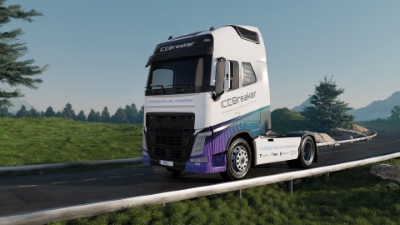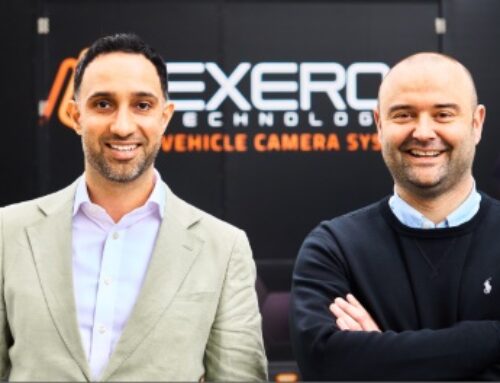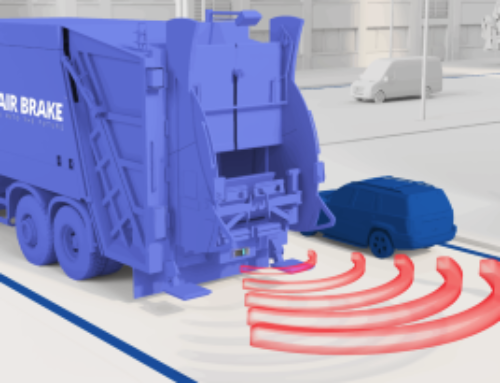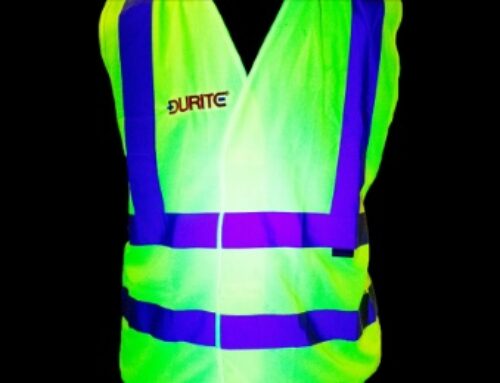Fuel cells in focus with Intelligent Energy
 Intelligent Energy has outlined its perspective on the role hydrogen fuel cell technology can play on the road to decarbonisation.
Intelligent Energy has outlined its perspective on the role hydrogen fuel cell technology can play on the road to decarbonisation.
Battery electric trucks are a promising solution for urban or short-range freight where the limitations of range and charging time are less of an issue, says Intelligent Energy – but for longer journeys, they aren’t a perfect fit.
“While charging infrastructure is improving, battery electric trucks still require substantial time to recharge leading to long downtimes, particularly in industries where trucks are expected to be on the road for extended periods,” said Greg Harris, chief commercial officer at Intelligent Energy.
“Batteries are heavy, and this additional weight reduces the truck’s overall payload capacity. In industries where heavy cargo is common, this becomes a significant issue, as the truck can’t carry as much weight as a diesel or fuel cell truck.
“However, for heavy-duty, long-haul transportation, alternatives like hydrogen fuel cell trucks are often seen as a better fit.
He continued: “Although they carry a price premium, fuel cells are typically used in situations where battery EVs are not suitable – such as in the heavy-duty vehicles market – due to their range and weight. While some still advocate for battery-powered options in this market sector, trade-offs are faced.
“To increase range, more batteries are needed, and when more batteries are added, weight increases. In contrast, with a fuel cell, increasing range only increases the weight of the hydrogen tanks. So, in practical terms, a long-distance battery-powered truck could lose twice as much payload as a comparable fuel cell truck.”
With industry searching for a solution, developments are taking place around the globe to find an alternative to battery electric and diesel, says Greg.
“Project ICEBreaker, launched by a consortium of leading British engineering companies, unveiled a fully configured hydrogen fuel cell HGV truck towards the end of 2024.
“This breakthrough addresses several critical design and development challenges as the automotive industry gears up to meet the EU’s upcoming zero-emissions regulations, set to take effect in 2030, for both light and heavy-duty commercial vehicles. “
Together, Intelligent Energy, Horiba Mira and Viritech developed a drivetrain solution that tackled key hydrogen engineering hurdles in creating a fuel cell electric truck.
Two Intelligent Energy IE-Drive HD100 fuel cells were integrated into the truck’s architecture, explains Greg, working in parallel to deliver 200kW of primary motive power.
“With fuel cells as the primary power source, alongside a 16kWh battery and fuel-cell-optimised DC-DC converters, the HGV was a prime example for zero-emission long-haul transportation,” he said.
“By re-engineering fuel cell electric vehicle (FCEV) powertrains, the project sought to deliver next-generation hydrogen HGVs that match diesel vehicles in performance and offer a commercially viable total cost of ownership for operators.”
ICEBreaker’s drivetrain architecture offers a pathway for all types of goods vehicles, says Greg, from light vans to HGVs, to transition to zero emissions.
“It provides solutions that retrofit or integrate with existing vehicle designs while ensuring key operator requirements, such as maintaining payload capacity, are met.
“With a goal to make hydrogen fuel cell technology viable for HGVs, this project not only highlighted the capabilities of UK industry and the benefits of fuel cells over batteries for heavy duty vehicles, but it also brought to light limiting factors that are restricting the uptake in the technology.
“By making powerful and mass producible fuel cells, the industry could achieve cost parity with both batteries and diesel in the not-too-distant future. However, the issues of infrastructure for refuelling, and the current high cost of hydrogen and poor hydrogen availability have so far delayed major uptake of fuel cell commercial vehicles.”












